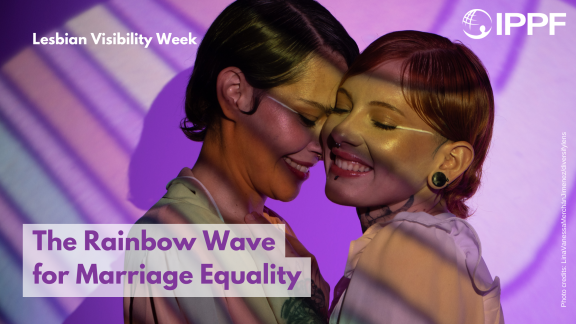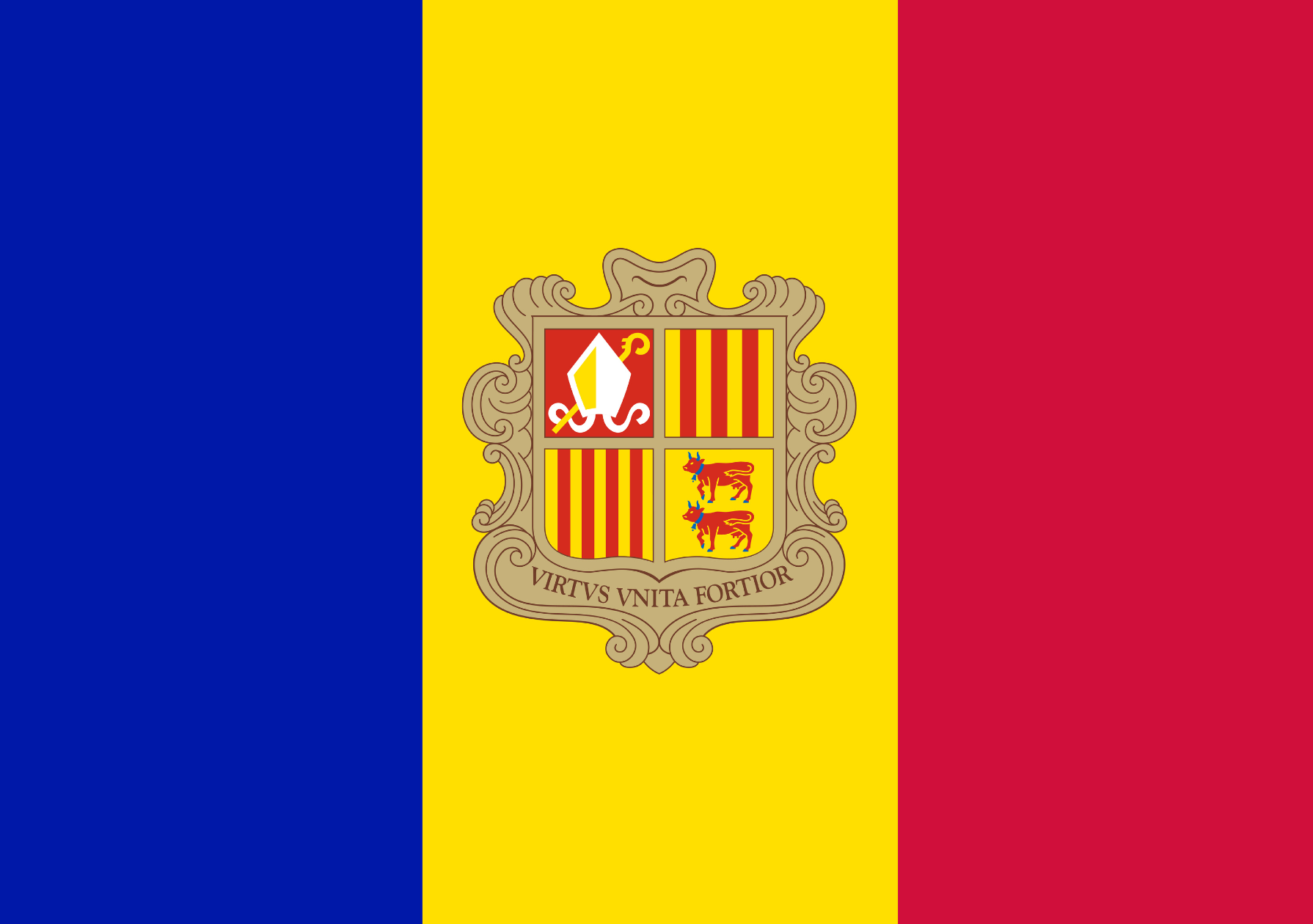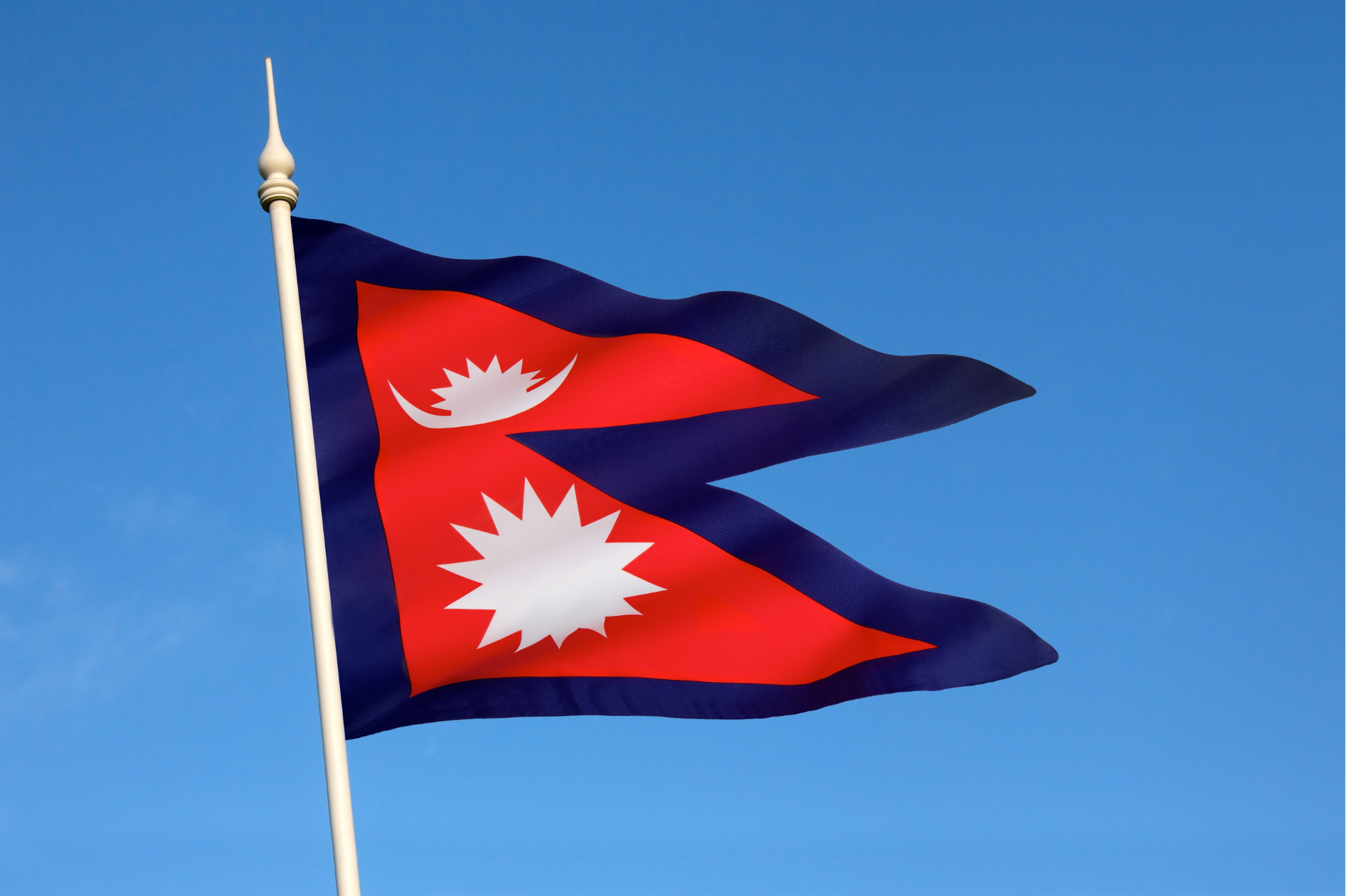IPPF Advocates for LGBTQI+ Rights
IPPF champions bodily autonomy as a core principle. As part of the intersectional feminist movement, IPPF recognizes that the fight for SRHR is inseparable from addressing other forms of oppression and is a core part of the broader struggle for social justice. IPPF works to ensure freedom, equality and justice for lesbian, gay, bisexual, trans and intersex people in a society free from violence and discrimination.
IPPF demands LGBTQI+ rights be recognized as fundamental human rights everywhere. IPPF actively fights for the decriminalization of LGBTQI+ identities and dismantles systems that marginalize them. We work to empower LGBTQI+ communities and break down barriers to their full participation in society. We advocate for LGBTQI+ people to have equal rights and access to sexual and reproductive rights.



















